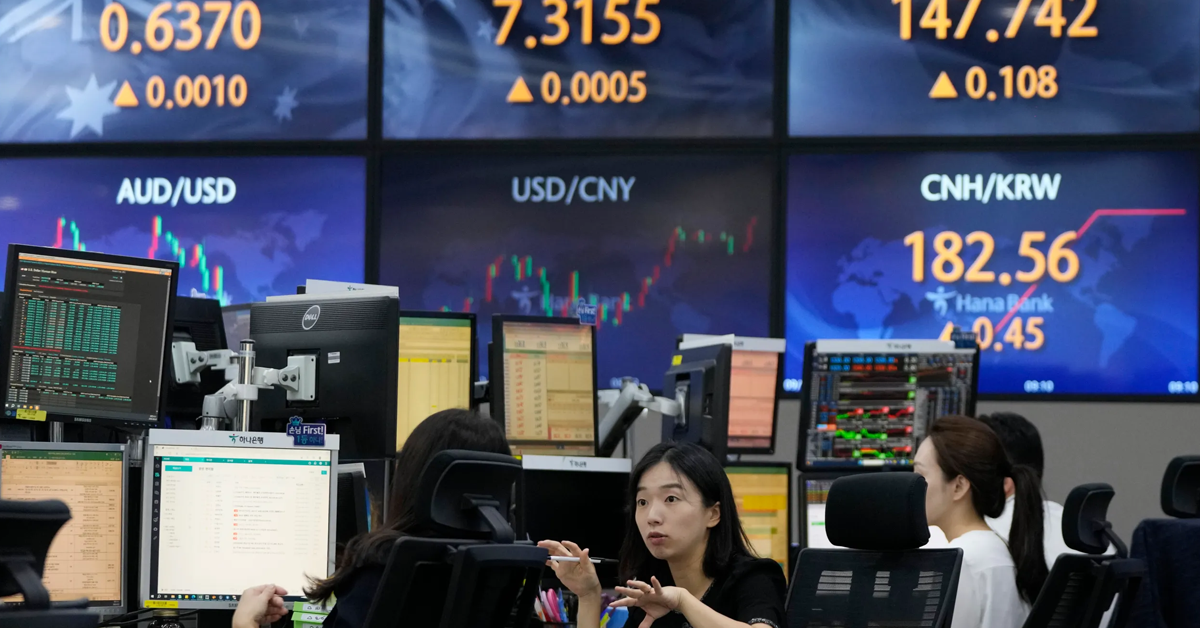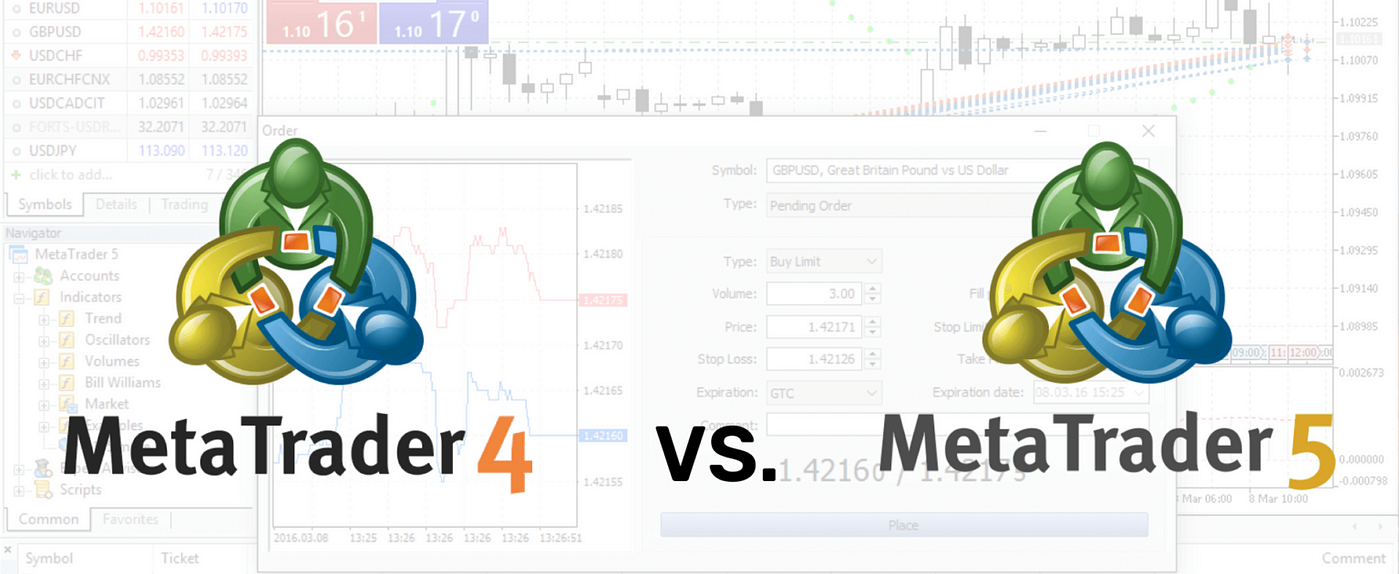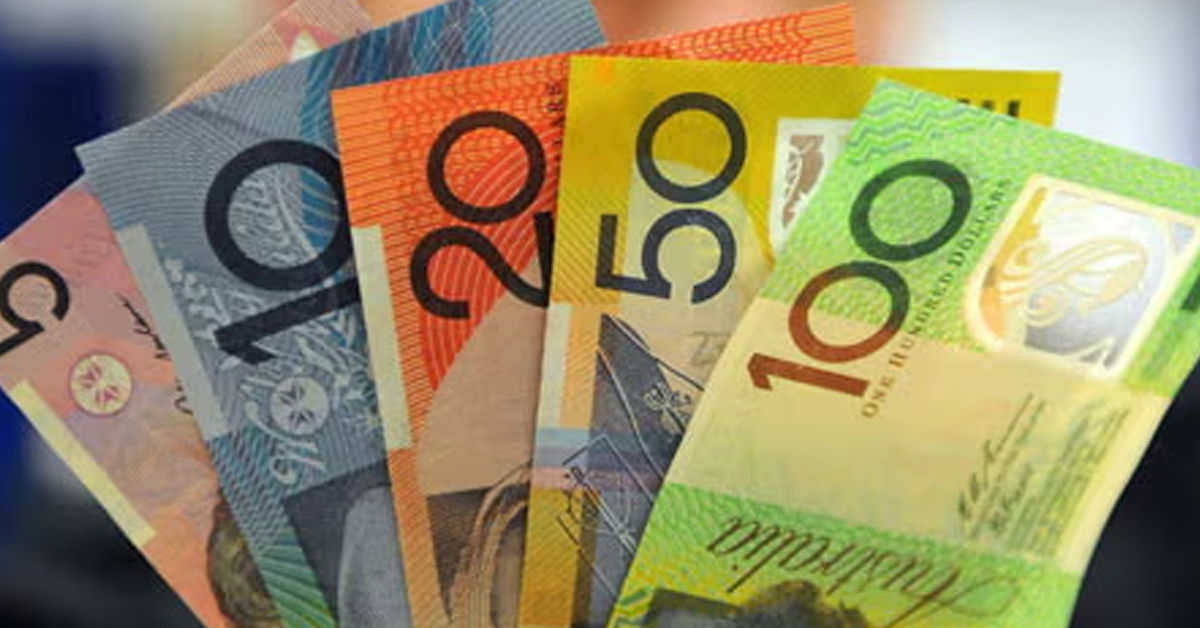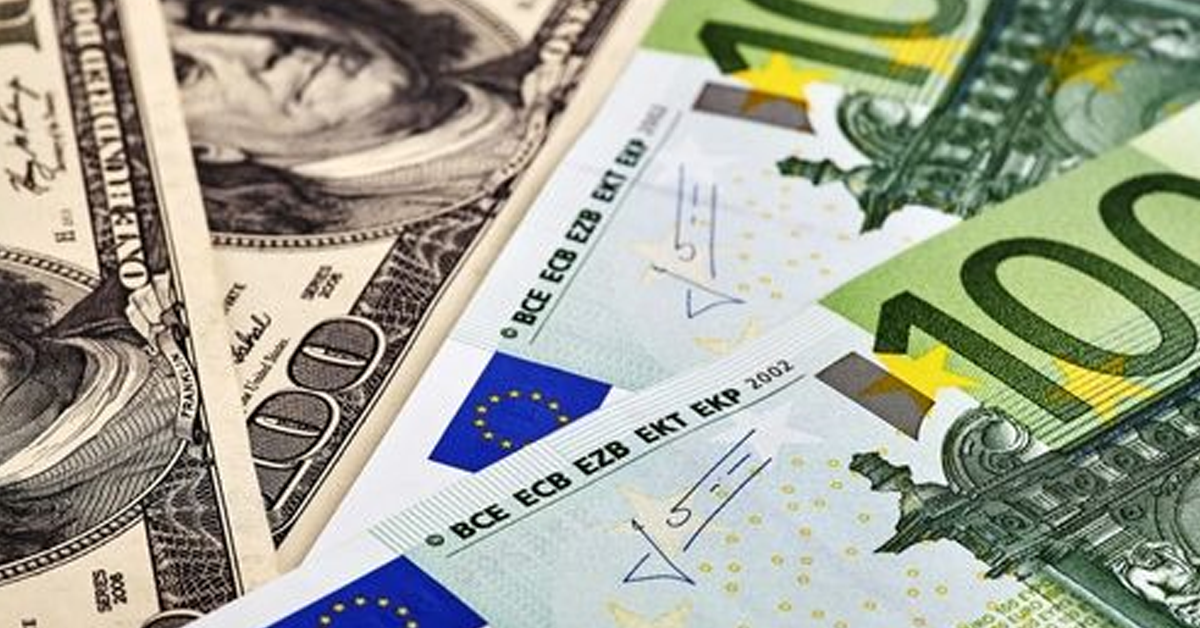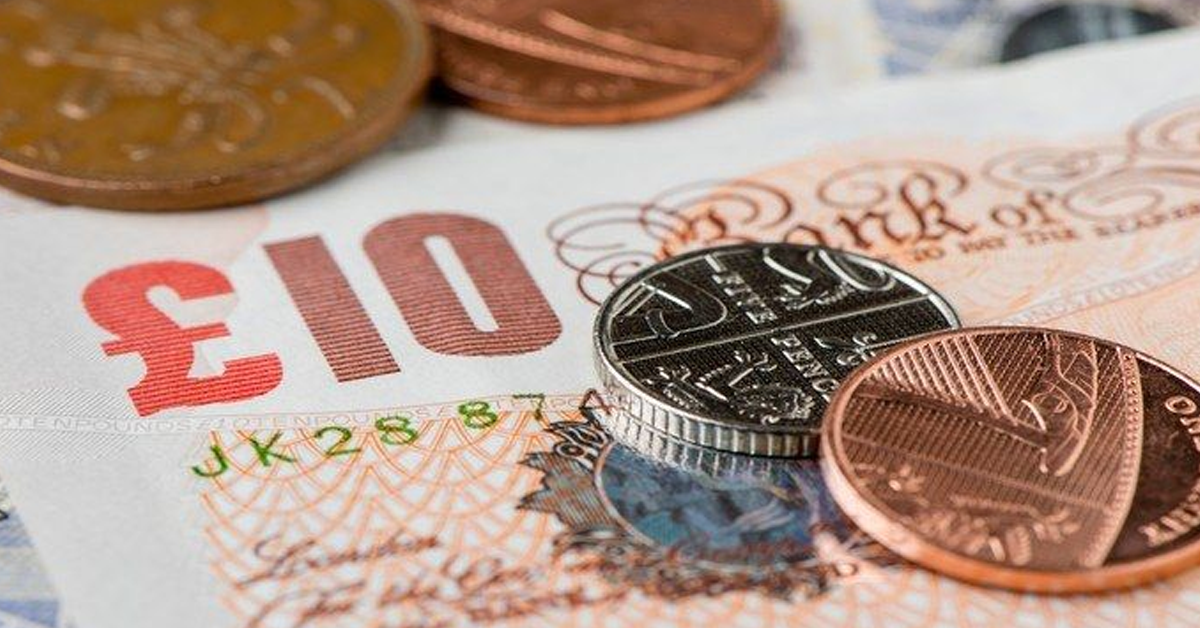Asian Shares Rise Following Wall St Records
Asian shares advanced on Thursday, buoyed by a rally in U.S. stocks that reached record highs amid hopes that inflation is easing. U.S. consumer prices in April were 3.4% higher than a year earlier, a slight improvement from March’s 3.5% inflation rate. This deceleration relieved investors, who had been concerned by worse-than-expected consumer price index (CPI) reports earlier in the year. The latest data bolstered expectations that the Federal Reserve might reduce its main interest rate this year.
In Asia, Tokyo’s Nikkei 225 index rose 0.8% to 38,676.83, despite the Japanese economy contracting at a 2% annual rate in the first quarter. Hong Kong’s Hang Seng index increased by 1.6% to 19,369.06, while the Shanghai Composite index gained 0.5% to 3,134.97. Australia’s S&P/ASX 200 advanced 1.6% to 7,874.70, and South Korea’s Kospi climbed 0.8% to 2,751.32. Taiwan’s Taiex was up 0.7%, and India’s Sensex rose 0.5%.
On Wednesday, the S&P 500 surged 1.2% to close at 5,308.15, surpassing its previous high from a month and a half ago. The Dow Jones Industrial Average added 0.9% to 39,908.00, and the Nasdaq jumped 1.4% to 16,742.39, setting a new record. Stocks benefiting from lower interest rates led the market, with homebuilders like Lennar, D.R. Horton, and PulteGroup rallying over 5% on hopes of easier mortgage rates. High-growth stocks, including Nvidia, which gained 3.6%, also performed well.
Real-estate stocks in the S&P 500 climbed 1.7%, while utility stocks rose 1.4%, as their dividends became more attractive compared to lower-yielding bonds. Petco Health + Wellness surged 27.9% after appointing Glenn Murphy, CEO of investment firm FIS Holdings, as its executive chairman. However, GameStop and AMC Entertainment saw declines, with GameStop falling 18.9% and AMC dropping 20% after announcing the issuance of 23.3 million shares to clear $163.9 million in debt.
A report showed no growth in U.S. retail spending in April compared to March, against expectations of a 0.4% increase. While slowing retail sales could help reduce inflation pressure, weaker consumer spending could undermine the economy’s resilience. Lower-income households are particularly under pressure.
In the bond market, the 10-year Treasury yield decreased to 4.34% from 4.45%, and the two-year yield fell to 4.72% from 4.82%, reflecting increased expectations of a Fed rate cut. Traders now see a nearly 95% chance of at least one rate cut this year, up from just below 90% the previous day.
In early trading on Thursday, U.S. benchmark crude oil rose 42 cents to $79.05 per barrel, while Brent crude increased by 39 cents to $83.14 per barrel. The U.S. dollar weakened to 154.03 Japanese yen from 154.88 yen, and the euro edged up to $1.0888 from $1.0885.

